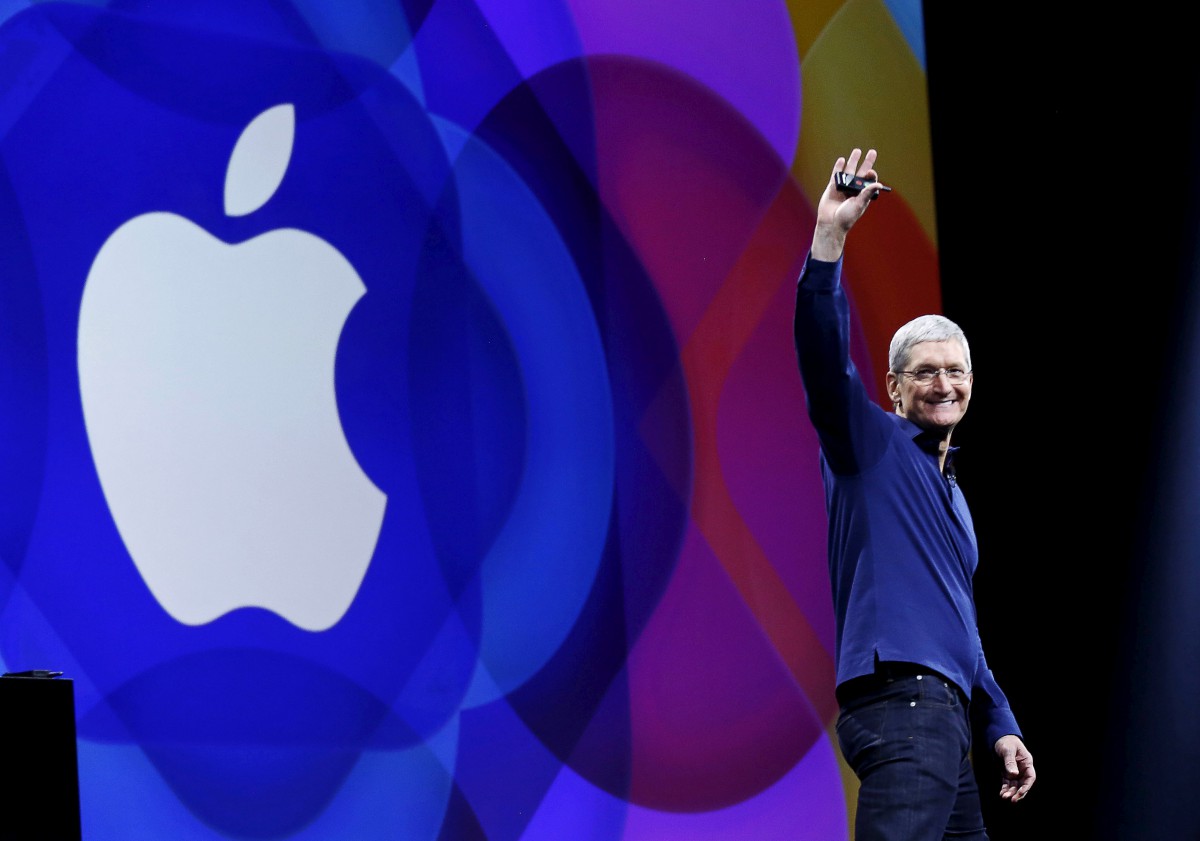The ongoing debate surrounding privacy and advertising has intensified with Apple’s recent decision to maintain its existing anti-tracking rules. While Apple’s stance on privacy is commendable, this lack of new regulations poses challenges for advertisers. In this article, we will explore the implications of Apple’s decision, the importance of tracking in advertising, the impact on advertisers, and the need for new anti-tracking rules.
Apple’s Privacy Stance
Apple has long positioned itself as a champion of user privacy. With the introduction of App Tracking Transparency (ATT) framework in iOS 14.5, Apple enabled users to control which apps could track their data across other apps and websites. This move was aimed at giving users more control over their personal information.
The Importance of Tracking in Advertising
Tracking plays a vital role in the advertising ecosystem. It allows advertisers to understand consumer behavior, deliver personalized ads, and measure the effectiveness of their campaigns. Without tracking, advertisers would lose valuable insights into their target audience, making it challenging to optimize their marketing strategies.
Apple’s Anti-Tracking Measures
While Apple’s anti-tracking measures are well-intentioned, they have faced criticism from the advertising industry. Advertisers argue that the strict opt-in requirement for tracking permissions significantly impacts their ability to reach and engage with users effectively. The limitations imposed by Apple’s rules have disrupted the status quo in digital advertising.
Impact on Advertisers
The lack of new anti-tracking rules from Apple has left advertisers in a state of uncertainty. They are now grappling with reduced access to user data, which in turn affects their ability to deliver relevant and personalized ads. Advertisers have been forced to rethink their strategies and find alternative ways to reach their target audience.
Challenges for Advertisers
Apple’s decision presents several challenges for advertisers. With limited access to data, it becomes harder to measure campaign performance accurately. Targeting and retargeting efforts are also hampered, as advertisers cannot track user interactions across different platforms effectively. This lack of granular insights makes it difficult to tailor advertisements and create meaningful connections with consumers.
The Need for New Anti-Tracking Rules
Apple’s lack of new anti-tracking rules highlights the need for industry-wide standards and regulations. While user privacy should be protected, it is crucial to strike a balance that allows advertisers to continue providing personalized experiences and measuring their return on investment. Collaborative efforts are required to find solutions that benefit both users and advertisers.
Advertiser Strategies
In response to Apple’s anti-tracking measures, advertisers are exploring alternative strategies. Contextual advertising, where ads are targeted based on the content of the webpage rather than individual user data, is gaining traction. Additionally, advertisers are relying on first-party data, such as email lists and direct interactions, to better understand and engage with their audience.
Privacy vs. Personalization
The tension between privacy and personalization continues to be a challenge for advertisers. While consumers value their privacy, they also appreciate personalized experiences that align with their interests and needs. Striking the right balance between privacy and personalization requires ongoing collaboration and innovation.
Adapting to Apple’s Changes
Advertisers must adapt to Apple’s changes by diversifying their strategies and exploring new avenues. Investing in customer relationship management (CRM) systems, leveraging artificial intelligence and machine learning, and focusing on building direct relationships with consumers can help mitigate the impact of limited tracking capabilities.
The Future of Tracking
The future of tracking in advertising remains uncertain. As technology evolves, new approaches to tracking and user privacy will emerge. It is crucial for stakeholders to engage in open dialogue, develop industry-wide standards, and explore innovative solutions that uphold user privacy while enabling effective advertising.
Conclusion
Apple’s decision to maintain its existing anti-tracking rules without introducing new regulations has significant implications for advertisers. While privacy protection is essential, it is crucial to find a balance that allows advertisers to continue delivering personalized experiences and measuring the impact of their campaigns. The advertising industry must adapt, innovate, and collaborate to navigate the changing landscape.

